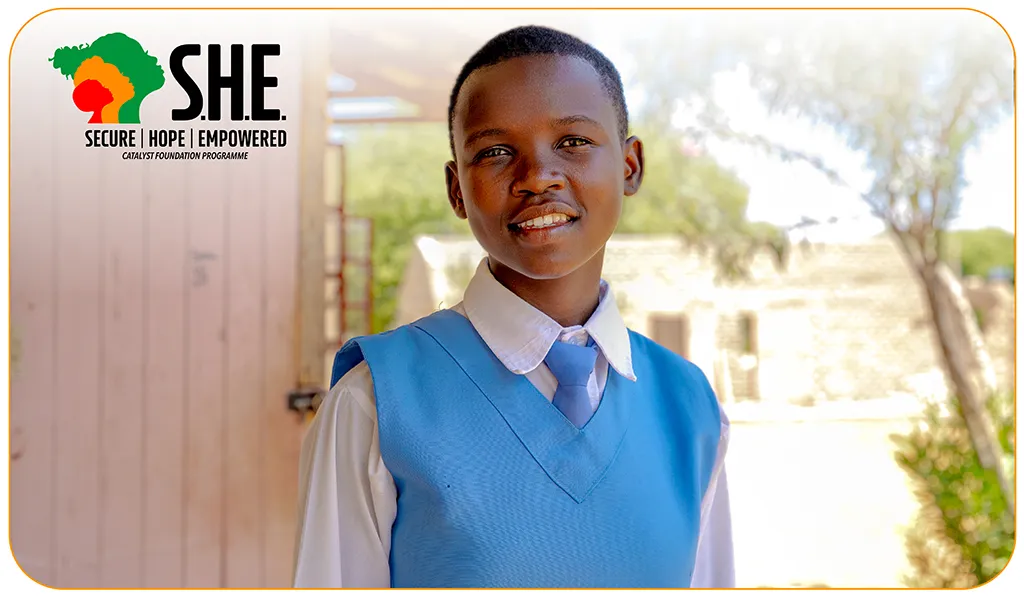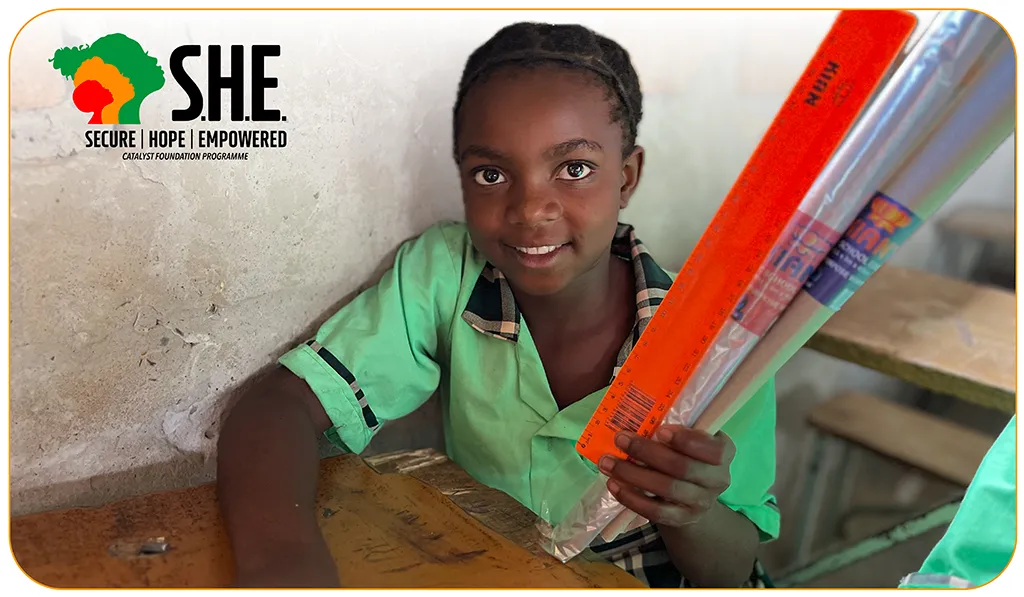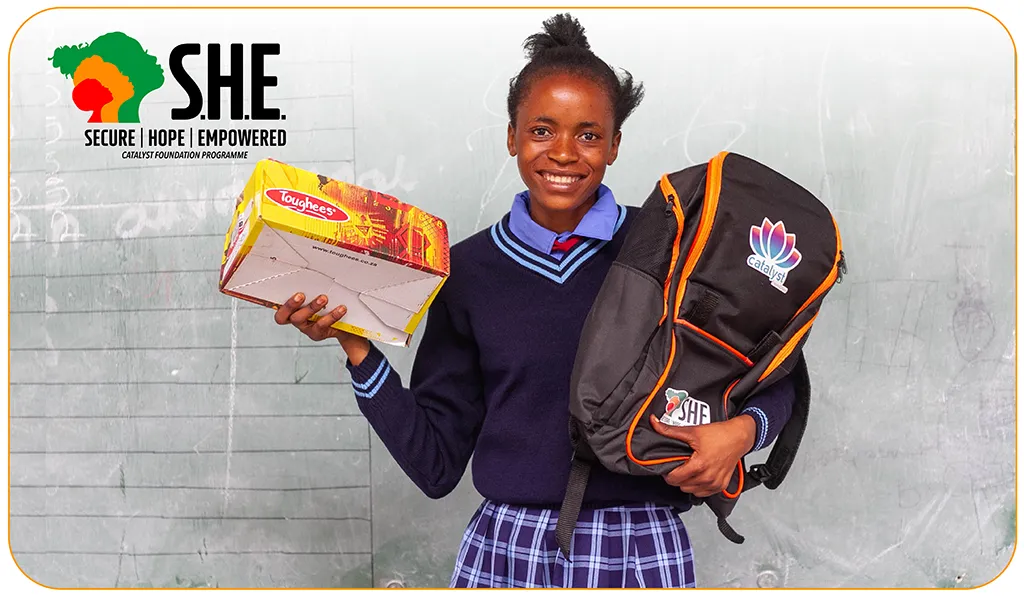Catalyst Foundation is dedicated to empowering vulnerable girls living in marginalised communities across Africa through our S.H.E. Programme. As part of our advocacy and awareness efforts, we strive to shed light on the alarming rates of drug and sexual abuse among children in the communities where we work. We firmly believe that by refusing to turn a blind eye to these issues, holding perpetrators accountable, and creating a supportive environment for survivors, we can drive meaningful change.
In this blog post, we will highlight the signs to look out for to identify if children are taking drugs or if girls are being sexually abused. By recognising these signs and taking action, we can collectively work towards keeping our children safe.
7 Signs that Children are using Drugs
- Unusual behavioural changes: Sudden mood swings, aggression, apathy, or withdrawal.
- Changes in physical appearance: Bloodshot eyes, dilated or constricted pupils, unexplained weight loss or gain, or poor personal hygiene.
- Social withdrawal: Isolation or association with a new group of friends engaged in risky behaviour.
- Sleep disturbances: Insomnia or excessive sleepiness.
- Neglected responsibilities: Skipping classes, missing curfews, or neglecting chores.
- Unexplained financial issues: Frequent requests for money, missing money or valuables, or borrowing without explanation.
- Drug paraphernalia: Pipes, rolling papers, baggies, or syringes among their belongings.
6 Signs that Girls are Being Sexually Abused
- Unusual behavioural changes: Sudden mood swings, withdrawal, aggression, or fearfulness.
- Physical signs: Unexplained injuries, bruises, bleeding, or difficulty sitting or walking.
- Sleep disturbances: Nightmares, bedwetting, or sudden sleep disruptions.
- Regressive behaviours: Reversion to childish behaviours or loss of acquired skills.
- Avoidance of specific individuals or places: Attempts to avoid certain people or locations.
- Inappropriate sexual knowledge or behaviour: Displaying knowledge beyond their age or engaging in sexual play.
How You Can Help and Play your Part
- Create safe spaces: Establish an environment where children feel comfortable sharing their experiences and concerns.
- Educate yourself and others: Learn about the signs, risks, and prevention strategies related to drug use and sexual abuse. Share this knowledge within your community.
- Trust your instincts: Take suspicions seriously and seek help if you believe a child may be at risk.
- Report suspicions: Contact local authorities or child protection services to report suspected cases of drug use or sexual abuse.
- Provide support: Encourage professional help through therapists, counsellors, or support groups.
- Support prevention programmes: Contribute to or participate in organisations like Catalyst Foundation that actively work to prevent drug use and sexual abuse through education and support programmes.
Let’s raise awareness, take action, and work towards building a brighter future for our children.
By being vigilant and informed, we can help protect vulnerable children from the devastating impact of drug use and sexual abuse. Catalyst Foundation is committed to driving change and creating a world where every child is safe, empowered, and able to reach their full potential. Let us join hands and ensure a safe future for our children!



